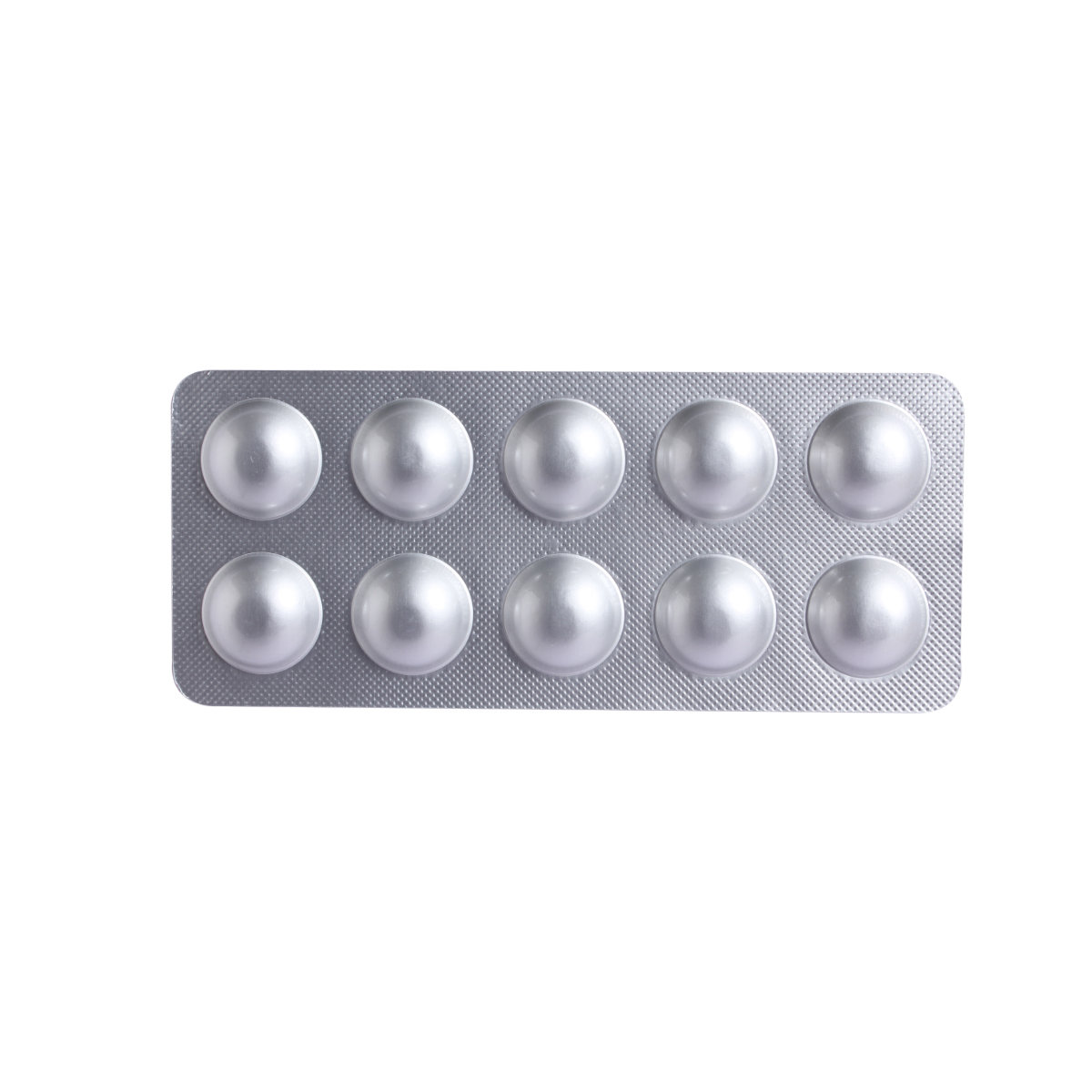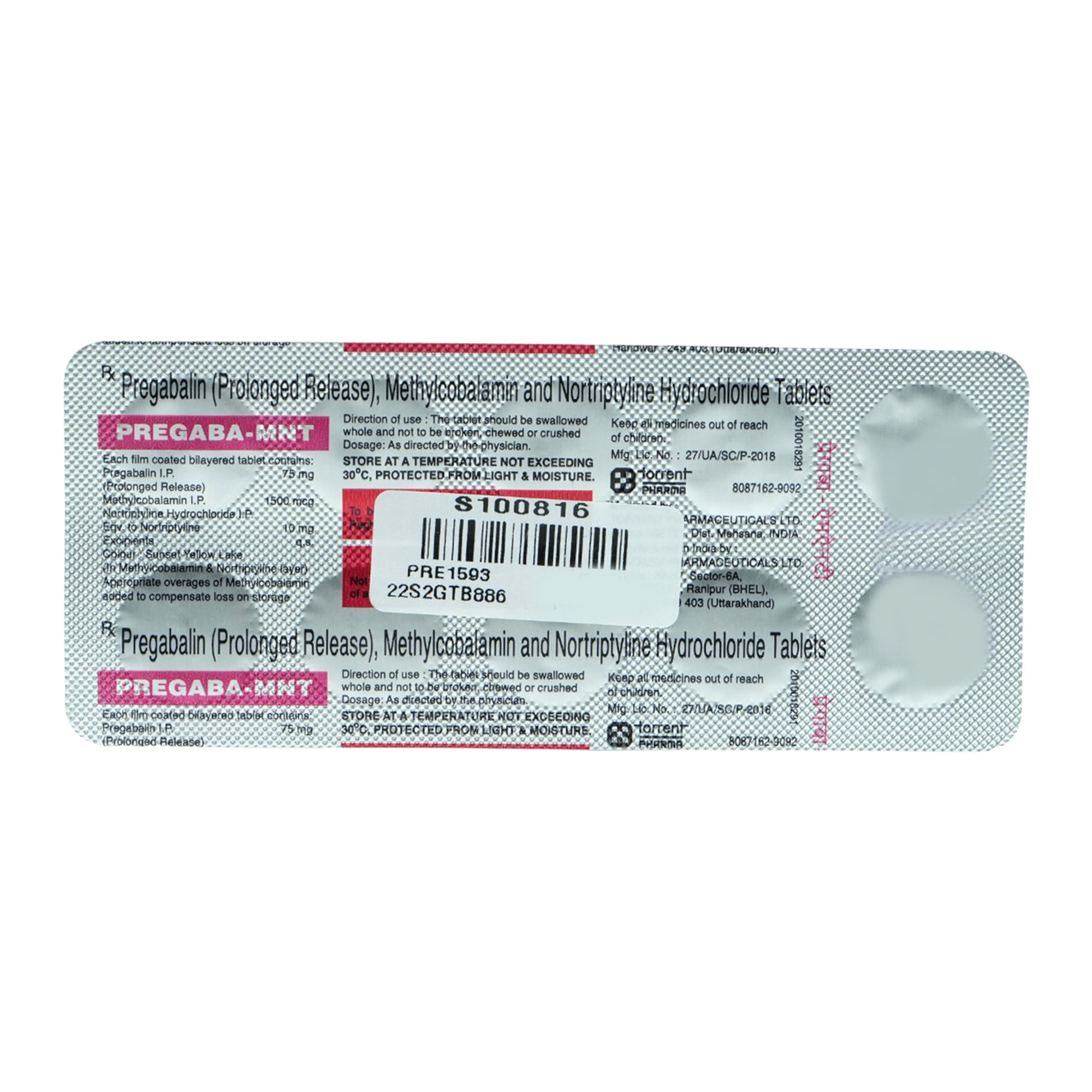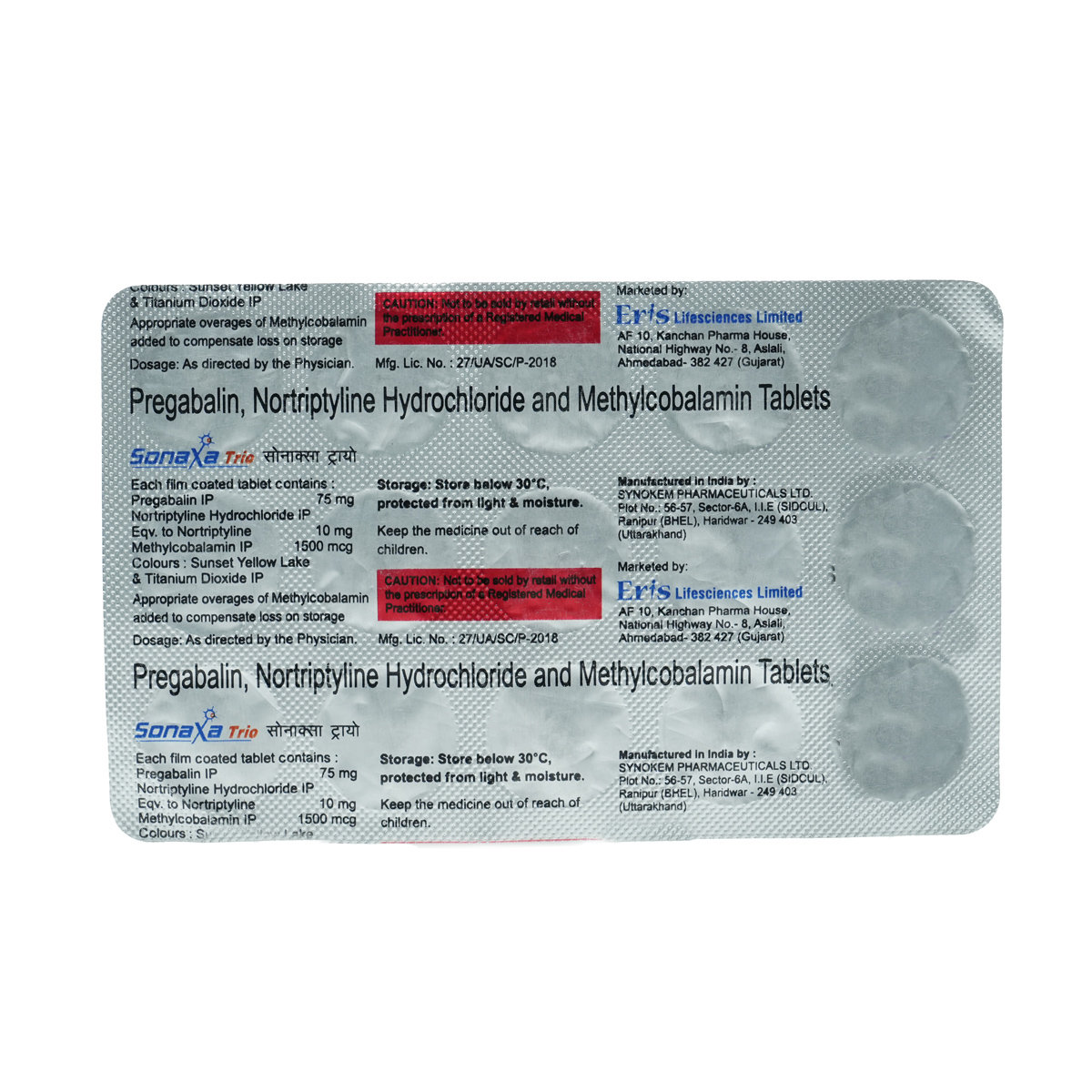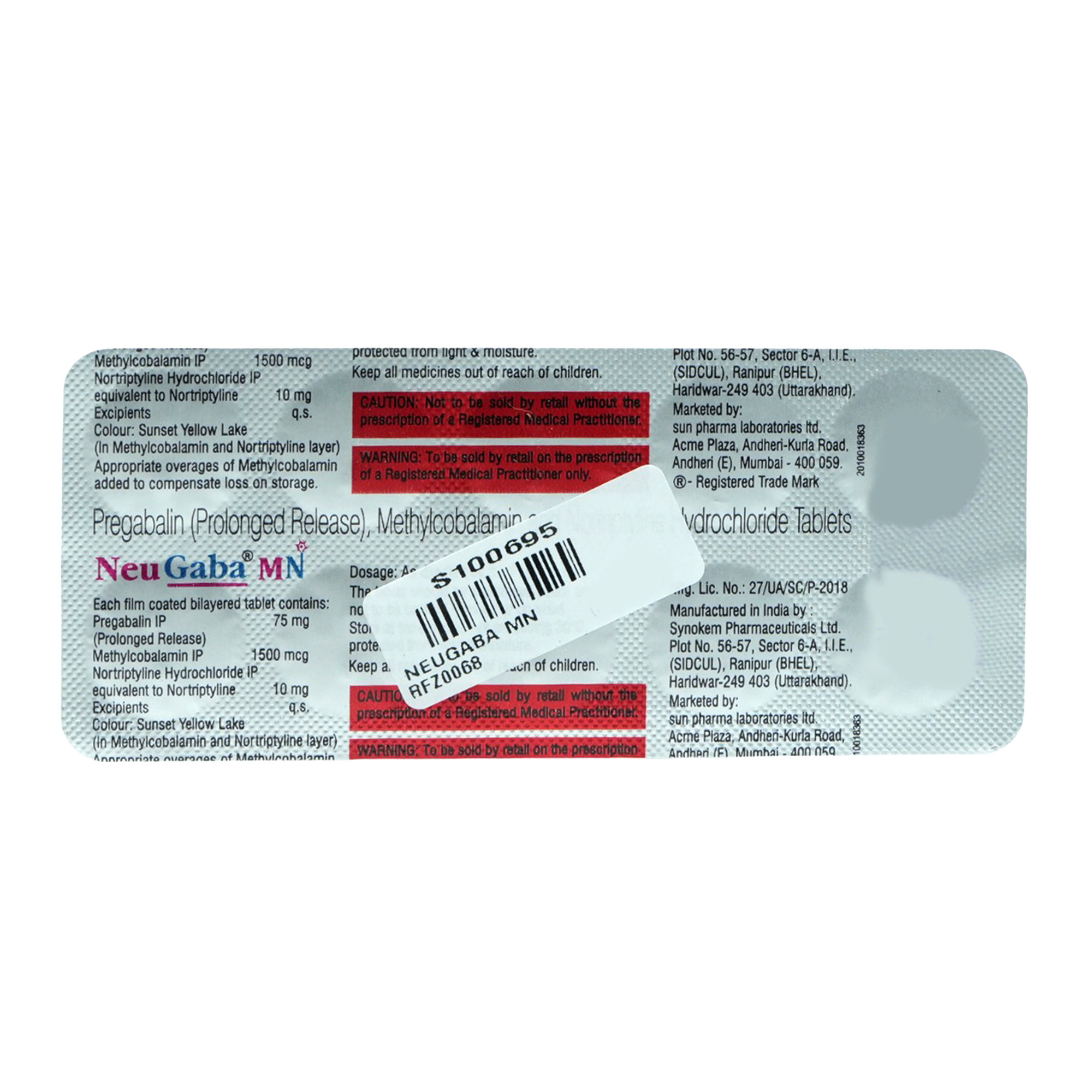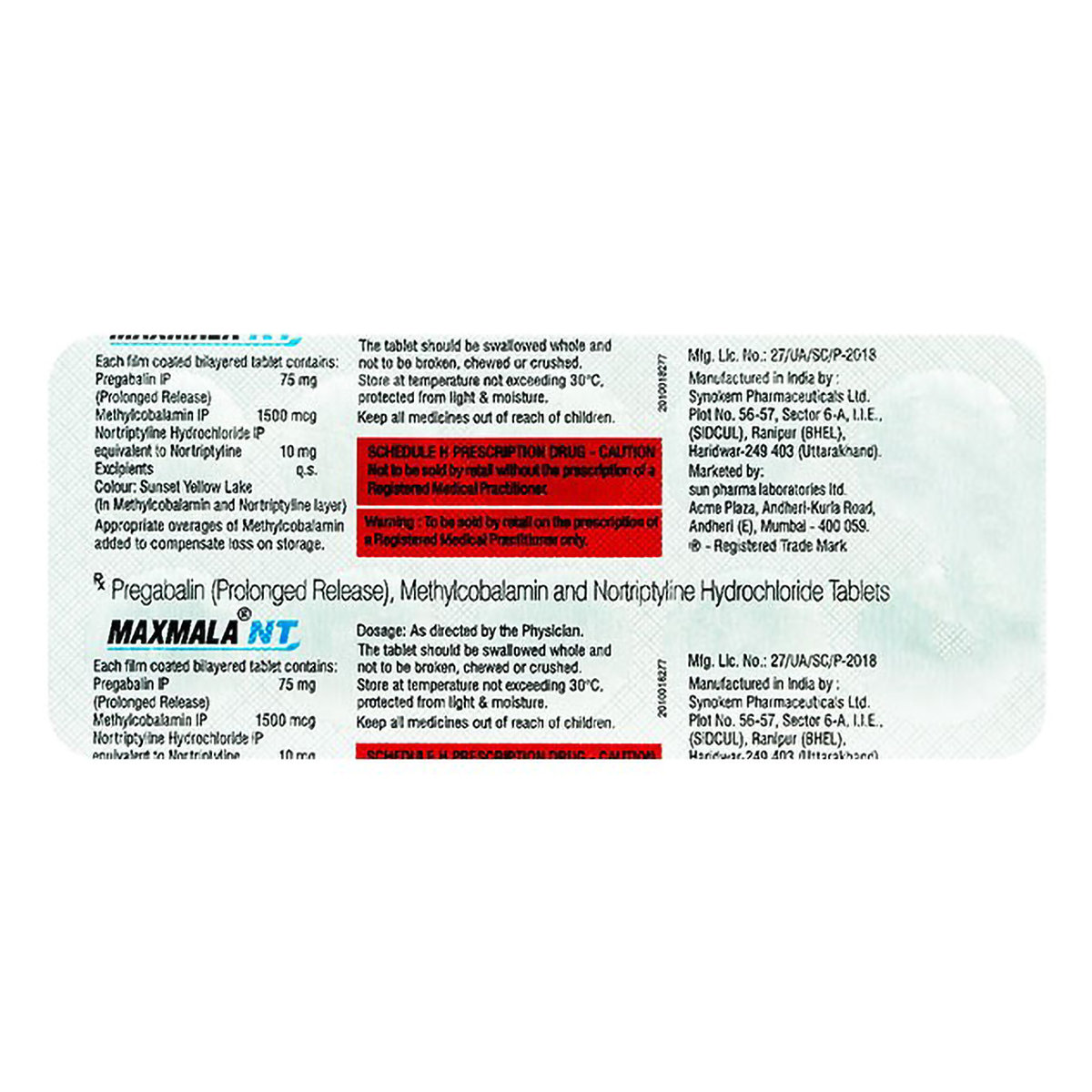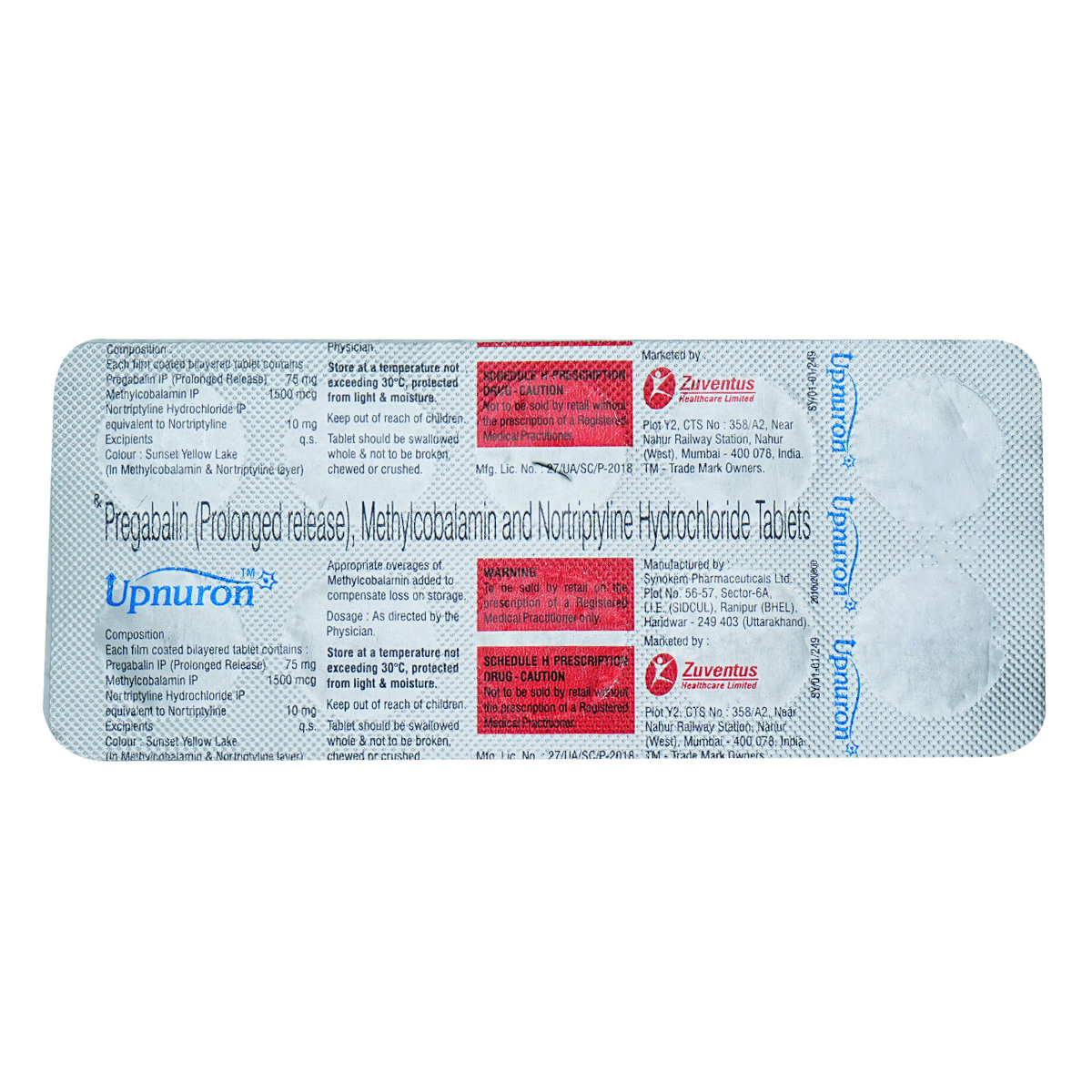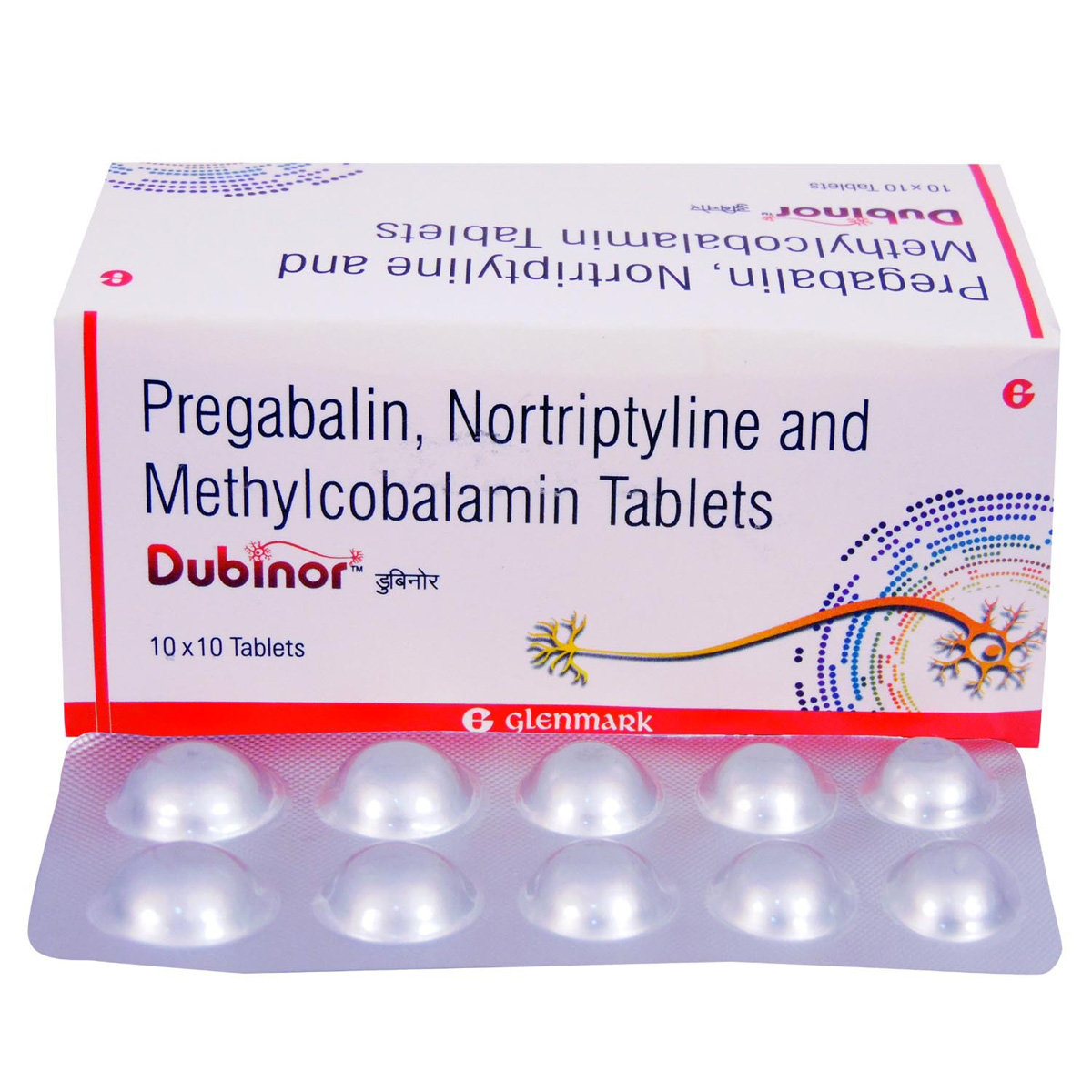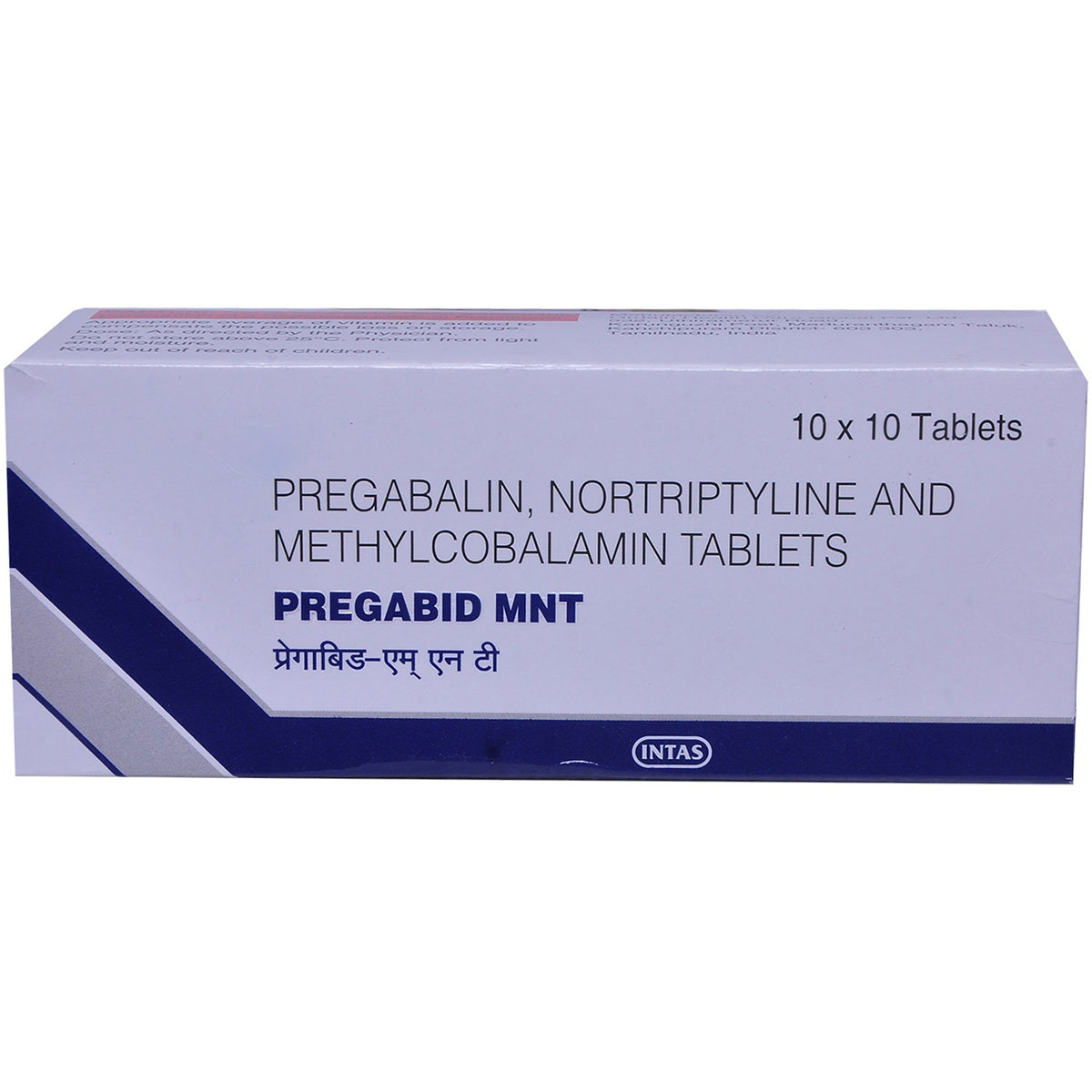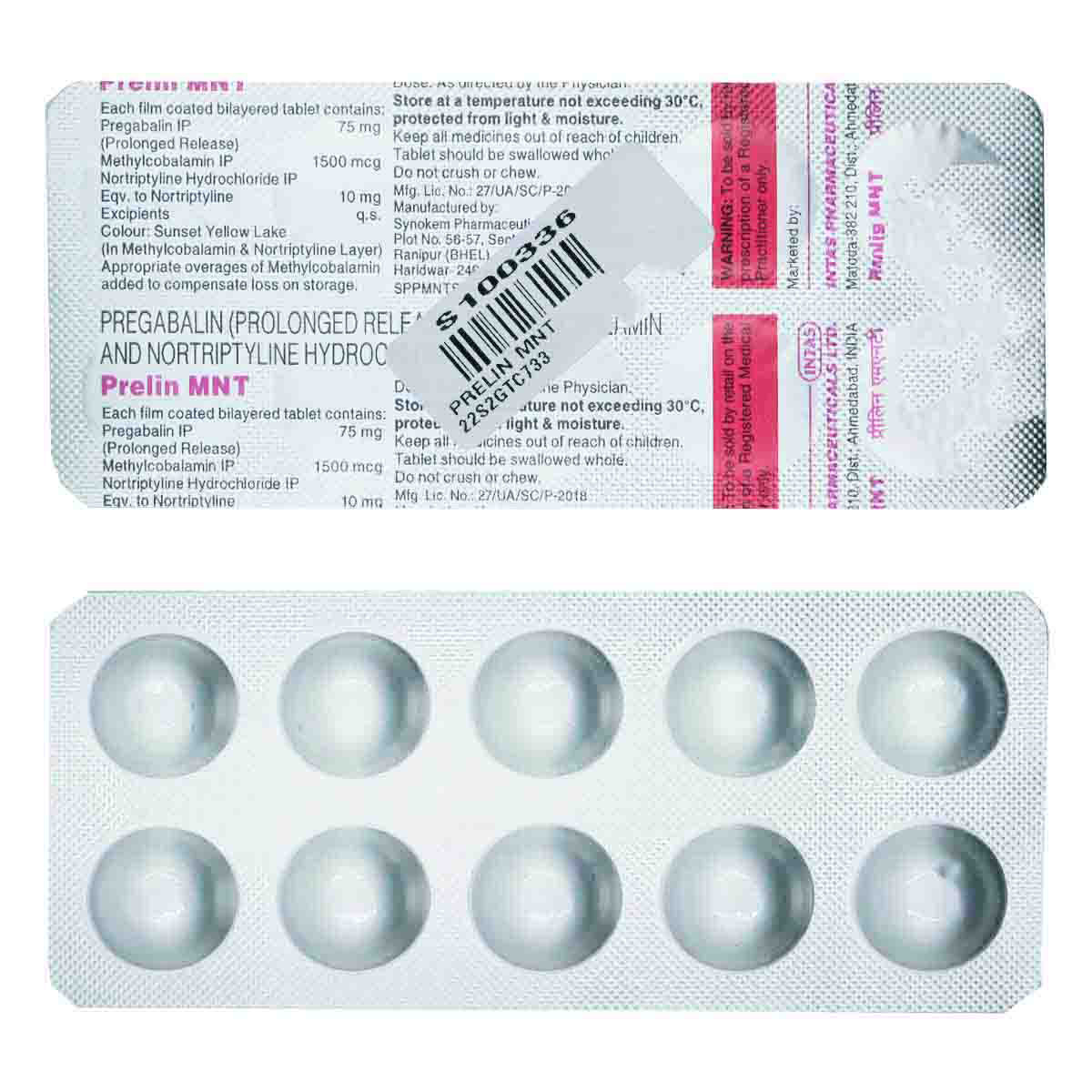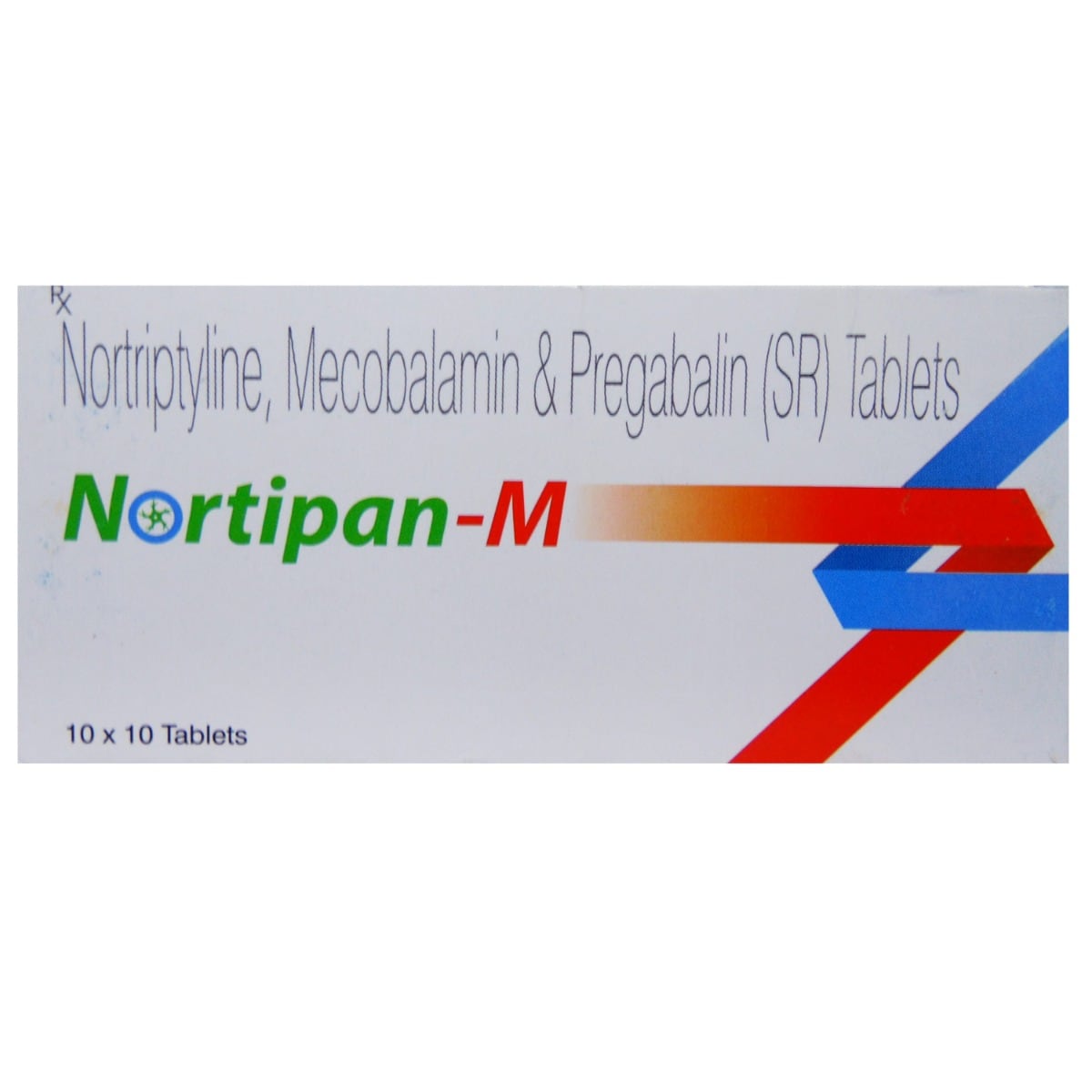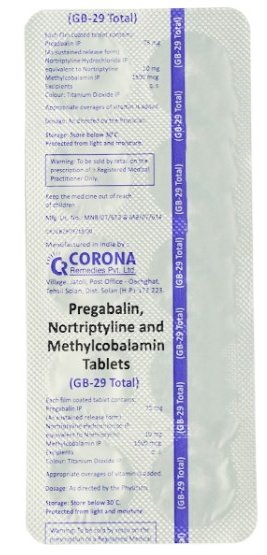Rejunuron NT Tablet
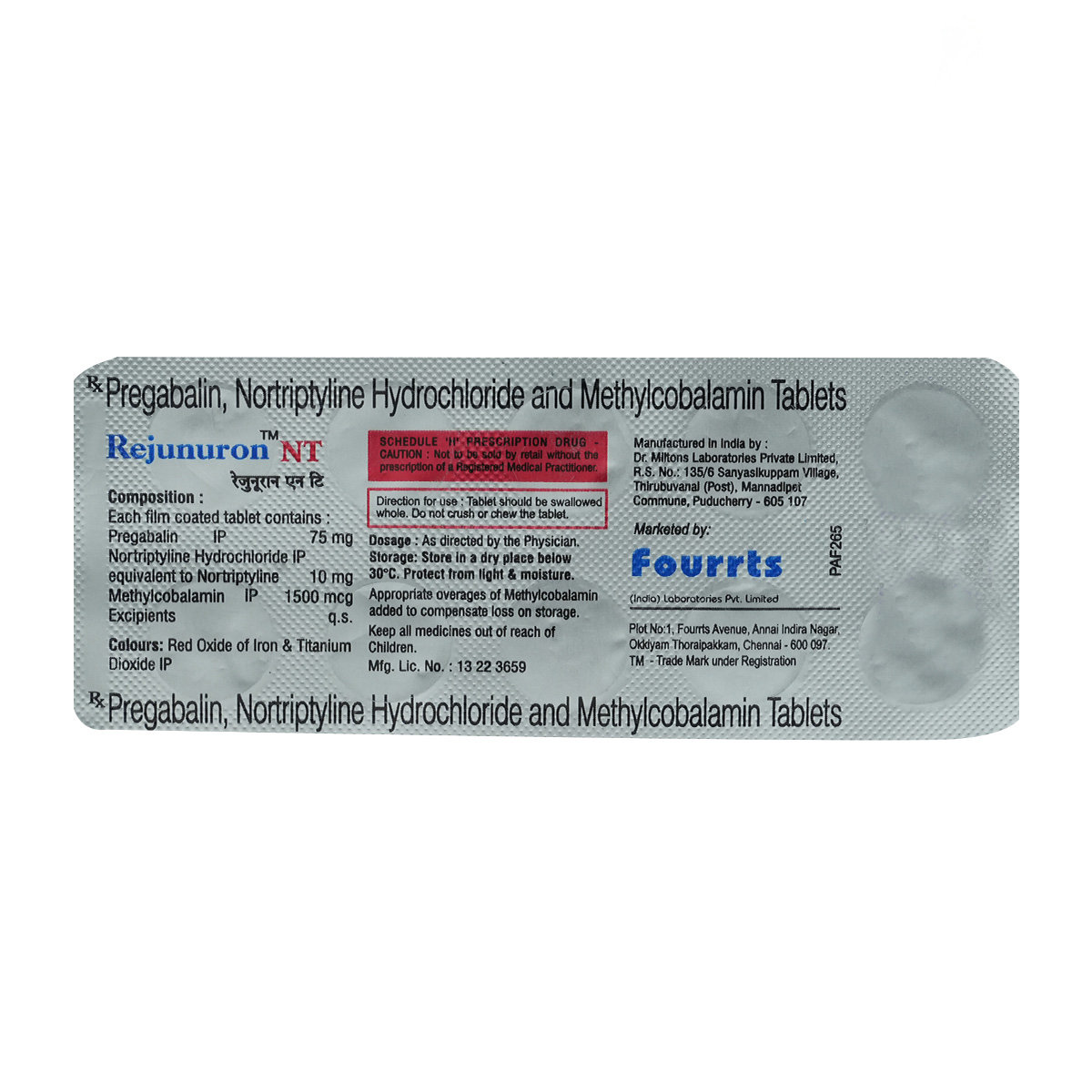
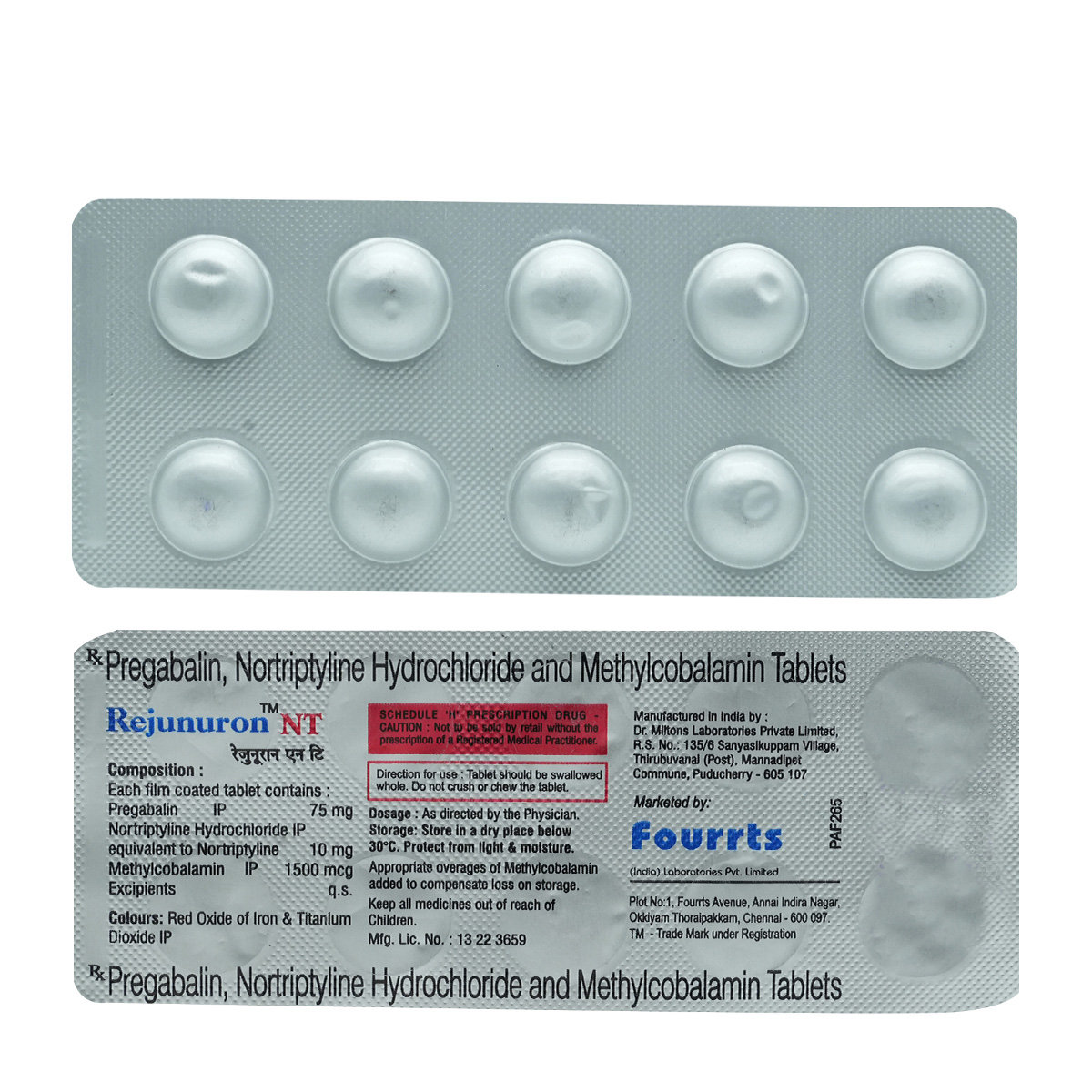
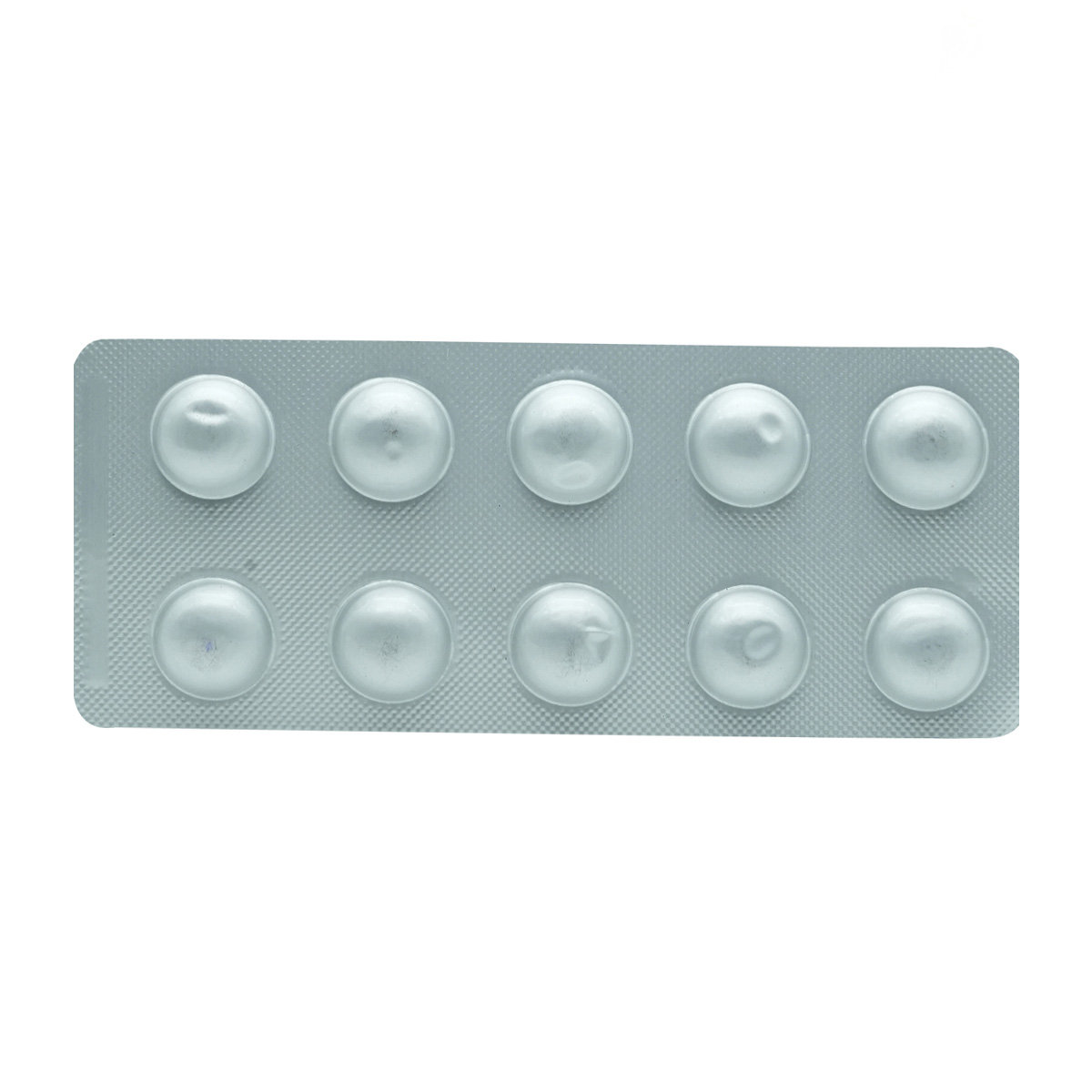
MRP ₹214.5
(Inclusive of all Taxes)
₹32.2 Cashback (15%)
know your delivery time
Provide Delivery Location
Manufacturer/Marketer :
Consume Type :
Expires on or after :
Return Policy :

Secure Payment

Trusted by 8 Crore Indians

Genuine Products
Therapeutic Class
Country of origin
Manufacturer/Marketer address
Author Details
We provide you with authentic, trustworthy and relevant information
Disclaimer
Alcohol
Safe if prescribed
Avoid consumption of alcohol while taking Rejunuron NT Tablet as it may increase drowsiness and sleepiness.
Pregnancy
Consult your doctor
If you're pregnant, don't take Rejunuron NT Tablet unless your doctor tells you to. Please consult your doctor if you have any concerns about this; your doctor will only prescribe if the benefits outweigh the risks.
Breast Feeding
Consult your doctor
Consult your doctor as there is no substantial research yet on the use of Rejunuron NT Tablet in breastfeeding/nursing mothers.
Driving
Safe if prescribed
Rejunuron NT Tablet causes drowsiness, sleepiness and blurred vision. Do not drive or operate machinery unless you are alert.
Liver
Consult your doctor
Dose adjustment may be needed in patients with liver impairment. Please consult your doctor if you have a liver impairment or any concerns regarding this. Your doctor will prescribe only if the benefits outweigh the risks.
Kidney
Consult your doctor
Dose adjustment may be needed in patients with kidney impairment. Please consult your doctor if you have kidney impairment or any concerns regarding this. Your doctor will prescribe only if the benefits outweigh the risks.
Children
Safe if prescribed
Rejunuron NT Tablet should not be given to children as the safety and efficacy have not been established.
Product Substitutes
Reference
- https://www.nhs.uk/medicines/nortriptyline/
- https://www.nhs.uk/medicines/pregabalin/
- https://www.ncbi.nlm.nih.gov/pmc/articles/PMC3888748/
- https://www.ncbi.nlm.nih.gov/pmc/articles/PMC6003018/
- https://vibcare.co.in/pregabalin-nortriptyline/
- https://www.drugs.com/drug-interactions/pregabalin.html
- https://www.drugs.com/drug-interactions/nortriptyline.html
- https://www.medicines.org.uk/emc/files/pil.5044.pdf
- https://www.medicines.org.uk/emc/files/pil.7057.pdf
About Rejunuron NT Tablet
Rejunuron NT Tablet is a combination medicine indicated to manage neuropathic pain associated with diabetic peripheral neuropathy and postherpetic neuralgia. Neuropathic pain is a chronic progressive nerve disease that causes nerve pain due to nerve damage or a malfunctioning nervous system. Symptoms include spontaneous, untriggered pain, unpleasant feeling, shooting, burning or stabbing pain, and evoked pain (pain caused by events usually not painful).
Rejunuron NT Tablet is a combination of three drugs: Methylcobalamin (vitamin), Nortriptyline (antidepressant), and Pregabalin (anti-convulsant). Methylcobalamin is a vitamin that aids in producing myelin, a substance that protects nerve fibres and regenerates damaged nerve cells. Nortriptyline works by increasing nerve transmitters (serotonin and noradrenaline) in the brain, thereby reducing the pain messages arriving in the brain. Pregabalin reduces pain by interfering with pain messages travelling through the brain and down the spine. Together, Rejunuron NT Tablet helps to treat neuropathic pain.
Take Rejunuron NT Tablet as prescribed. Based on your medical condition, your doctor will decide the dose and duration. In some cases, Rejunuron NT Tablet may cause dizziness, sleepiness, nausea, blurred vision, peripheral oedema (swelling of the lower legs and hands), weight gain, and dry mouth. The majority of these side effects do not necessitate medical attention and will subside gradually over time. However, if you are experiencing these side effects regularly, you should consult your doctor.
Please do not take Rejunuron NT Tablet if you are allergic to any of its ingredients. Consult your doctor before taking Rejunuron NT Tablet if you are pregnant or breastfeeding. Rejunuron NT Tablet may cause drowsiness and dizziness, so drive only if you are alert. Rejunuron NT Tablet should not be given to children as safety and effectiveness have not been established. Avoid consuming alcohol along with Rejunuron NT Tablet as it could lead to increased dizziness and sleepiness. Keep your doctor informed about your health condition and medicines to rule out any side effects.
Uses of Rejunuron NT Tablet
Medicinal Benefits Mweb
Key Benefits
Rejunuron NT Tablet is a combination of three drugs: Methylcobalamin (a form of vitamin B), Nortriptyline (antidepressant), and Pregabalin (anti-convulsant). Rejunuron NT Tablet is indicated for the management of neuropathic pain associated with diabetic peripheral neuropathy, postherpetic neuralgia, spinal cord injury, etc. Methylcobalamin aids in producing myelin, a substance that protects nerve fibres and regenerates damaged nerve cells. Nortriptyline works by increasing nerve transmitters (serotonin and noradrenaline) in the brain, thereby reducing the pain messages arriving in the brain. Pregabalin reduces pain by interfering with pain messages travelling through the brain and down the spine. Together, Rejunuron NT Tablet helps to treat neuropathic pain.
Directions for Use
Side Effects of Rejunuron NT Tablet
- Constipation
- Dry mouth
- Headache
- Feeling sleepy, tired or dizzy
- Diarrhoea
Drug Warnings
If you are allergic to any of the ingredients in Rejunuron NT Tablet , do not consume it. Please do not stop taking Rejunuron NT Tablet without first consulting your doctor, as this may result in withdrawal symptoms. If you are pregnant or breastfeeding, do not take Rejunuron NT Tablet unless your doctor has prescribed it. Rejunuron NT Tablet may cause drowsiness and dizziness, therefore drive only if you are alert. Rejunuron NT Tablet is not recommended for children as safety and effectiveness have not been established. Avoid drinking alcohol while taking Rejunuron NT Tablet as it may cause drowsiness and sleepiness. If you have suicidal thoughts, consult your doctor right away.
Drug-Drug Interactions
Drug-Drug Interactions
Login/Sign Up
Coadministration of Rejunuron NT Tablet with Tranylcypromine can increase the risk of serotonin syndrome(a condition in which a chemical called serotonin increase in your body).
How to manage the interaction:
Taking Rejunuron NT Tablet with Tranylcypromine together can result in an interaction, but can be taken together if prescribed by a doctor. However, consult a doctor if you experience confusion, hallucination(seeing and hearing things that do not exist), fits, blood pressure alteration, increased heart rate, fever, excessive sweating, shivering or shaking, blurred vision, pain in the muscles or stiffness, incoordination, stomach cramps, nausea, vomiting, and diarrhea. Do not discontinue any medications without consulting your doctor.
Coadministration of Rejunuron NT Tablet with Potassium citrate can increase the risk or severity of gastric bleeding, ulceration, and rarely, perforation leading to serious blood loss.
How to manage the interaction:
Taking Rejunuron NT Tablet with Potassium citrate together is not recommended as it can result in an interaction, it can be taken if your doctor has advised it. However, if you notice any unusual bleeding or bruising, dizziness, lightheadedness, abdominal pain, bloating, decreased hunger, red or black tarry stools, coughing up or vomiting blood, severe headache, and weakness, you should contact a doctor immediately. Do not stop using any medications without talking to a doctor.
Co-administration of Rejunuron NT Tablet with Selegiline might raise serotonin hormone levels in the body (A condition in which a chemical called serotonin builds up in your body).
How to manage the interaction:
Taking Rejunuron NT Tablet with Selegiline together can result in an interaction, it can be taken if a doctor has advised it. However, if you experience confusion, hallucination, fits, extreme changes in blood pressure, increased heart rate, fever, excessive sweating, shivering or shaking, blurred vision, muscle spasm or stiffness, tremors, incoordination, stomach cramps, nausea, vomiting, and diarrhea, contact a doctor immediately. Do not discontinue any medications without consulting a doctor.
Using Rejunuron NT Tablet together with Isocarboxazid can increase the risk of serotonin syndrome (A condition resulting from the accumulation of high levels of serotonin in the body. Serotonin is especially a mood stabilizer).
How to manage the interaction:
Taking Isocarboxazid with Rejunuron NT Tablet is not recommended, please consult your doctor before taking it. However, if you experience increased heart rate, fever, excessive sweating, shivering or shaking, blurred vision, muscle spasms or stiffness, tremors, incoordination, stomach cramps, nausea, vomiting, and diarrhea call a doctor. Do not discontinue any medications without consulting a doctor.
Coadministration of Rejunuron NT Tablet with Ziprasidone can increase the risk or severity of irregular heart rhythm.
How to manage the interaction:
Taking Rejunuron NT Tablet with Ziprasidone together can result in an interaction, it can be taken if your doctor has advised it. However, contact a doctor immediately if you experience sudden dizziness, lightheadedness, fainting, shortness of breath, chest pain or tightness, rapid heartbeat, severe or prolonged diarrhea, or vomiting. Do not discontinue any medications without consulting a doctor.
Coadministration of Rejunuron NT Tablet with Linezolid might raise serotonin hormone levels in the body, affecting the brain and nerve cells. Increased serotonin hormone can lead to side effects.
How to manage the interaction:
Taking Rejunuron NT Tablet with Linezolid together can result in an interaction, it can be taken if a doctor has advised it. However, if you experience confusion, hallucination, seizure, extreme changes in blood pressure, increased heart rate, fever, excessive sweating, shivering or shaking, blurred vision, muscle spasm or stiffness, tremors, incoordination, stomach cramps, nausea, vomiting, and diarrhea contact a doctor immediately. Do not discontinue any medications without consulting a doctor.
Coadministration of Rejunuron NT Tablet with Safinamide may increase the risk of serotonin syndrome(a condition in which a chemical called serotonin increase in your body).
How to manage the interaction:
Taking Rejunuron NT Tablet with Safinamide together can result in an interaction, but can be taken together if prescribed by a doctor. However, consult a doctor if you experience confusion, hallucination(seeing and hearing things that do not exist), fits, blood pressure alteration, increased heart rate, fever, excessive sweating, shivering or shaking, blurred vision, pain in the muscles or stiffness, incoordination, stomach cramps, nausea, vomiting, and loose stools. Do not discontinue any medications without consulting your doctor.
Coadministration of Rejunuron NT Tablet with Ergotamine might raise serotonin hormone levels in the body, affecting the brain and nerve cells. Increased serotonin hormone can lead to side effects.
How to manage the interaction:
Taking Rejunuron NT Tablet with Ergotamine together can result in an interaction, it can be taken if your doctor has advised it. However, if you experience confusion, hallucination, seizure, extreme changes in blood pressure, increased heart rate, fever, excessive sweating, shivering or shaking, blurred vision, muscle spasm or stiffness, tremors, incoordination, stomach cramps, nausea, vomiting, and diarrhea contact a doctor immediately. Do not discontinue any medications without consulting a doctor.
Rejunuron NT Tablet can enhance the effects of Norepinephrine on blood pressure.
How to manage the interaction:
Although taking Norepinephrine and Rejunuron NT Tablet together can cause an interaction, it can be taken if your doctor has suggested it. It's important to keep an eye on your blood pressure regularly. Do not stop using any medications without a doctor's advice.
Using Rejunuron NT Tablet together with Frovatriptan can increase the risk of serotonin syndrome (A condition resulting from the accumulation of high levels of serotonin in the body. Serotonin is especially a mood stabilizer).
How to manage the interaction:
Although there is a possible interaction between Rejunuron NT Tablet and Frovatriptan, you can take these medicines together if prescribed by your doctor. It's important to keep an eye on your health and be aware of any changes. If you notice any of these symptoms like confusion, shaking, or stomach cramps, it's a good idea to reach out to a doctor right away. They can help determine if there's anything serious going on and provide the necessary treatment. Do not stop using any medications without a doctor's advice.
Drug-Food Interactions
Drug-Food Interactions
Login/Sign Up
Drug-Diseases Interactions
Drug-Diseases Interactions
Login/Sign Up
Drug-Drug Interactions Checker List
- DULOXETINE
- SERTRALINE
- ESCITALOPRAM
- CODEINE
- HYDROCODONE
- MORPHINE
- OXYCODONE
- TRAMADOL
- ACETAMINOPHEN
- TOPIRAMATE
- ALPRAZOLAM
- ZOLPIDEM
- DIPHENHYDRAMINE
- CETIRIZINE
- CYCLOBENZAPRINE
- ONDANSETRON
- ST JOHN'S WORT
Habit Forming
Special Advise
Rejunuron NT Tablet contains Nortriptyline (antidepressant), which can lead to suicidal thoughts. Suicidal thoughts or behaviour should be closely monitored in people taking Rejunuron NT Tablet . If you have suicidal thoughts, don't be afraid to talk to your doctor right away.
Diet & Lifestyle Advise
- Include vitamin B and D-rich foods in your diet.
- Cayenne pepper should be included in your diet because it can help with neuropathic pain.
- Exercising regularly helps to improve overall health and combat pain.
- Rest well and get plenty of rest.
- Taking a warm bath can be very relaxing.
- Avoid smoking and drinking alcohol.
- Meditation and yoga can reduce stress, pain sensitivity and improve coping skills.
- Acupuncture, by stimulating pressure points, can be beneficial.
- Massages with essential oils can help increase circulation.
All Substitutes & Brand Comparisons
RX
Not for online salePregabanyl-NTM Tablet 10's
Leeford Healthcare Ltd
₹182.5
(₹16.43 per unit)
14% CHEAPERRX
Not for online saleRejudeep-NT Tablet 10's
Deepkamal Health Services Pvt Ltd
₹206
(₹18.54 per unit)
3% CHEAPERRX
Not for online salePrebris-MNT Tablet 10's
Mankind Pharma Pvt Ltd
₹218.5
(₹19.67 per unit)
1% COSTLIER

Have a query?
Buy best C.n.s Drugs products by
Intas Pharmaceuticals Ltd
Sun Pharmaceutical Industries Ltd
Torrent Pharmaceuticals Ltd
Alkem Laboratories Ltd
Abbott India Ltd
Cipla Ltd
Alteus Biogenics Pvt Ltd
Micro Labs Ltd
Lupin Ltd
Ipca Laboratories Ltd
D D Pharmaceuticals Pvt Ltd
Icon Life Sciences
Mankind Pharma Pvt Ltd
Tripada Healthcare Pvt Ltd
Arinna Lifesciences Ltd
Linux Laboratories Pvt Ltd
East West Pharma India Pvt Ltd
La Renon Healthcare Pvt Ltd
Talent India Pvt Ltd
Tas Med India Pvt Ltd
Zydus Healthcare Ltd
Cnx Health Care Pvt Ltd
Eris Life Sciences Ltd
Leeford Healthcare Ltd
Emcure Pharmaceuticals Ltd
Macleods Pharmaceuticals Ltd
Sigmund Promedica
Aristo Pharmaceuticals Pvt Ltd
Dr Reddy's Laboratories Ltd
Troikaa Pharmaceuticals Ltd
Consern Pharma Ltd
Zydus Cadila
Shine Pharmaceuticals Ltd
Wockhardt Ltd
Ardent Life Sciences Pvt Ltd
Crescent Formulations Pvt Ltd
Theo Pharma Pvt Ltd
Reliance Formulation Pvt Ltd
Ikon Pharmaceuticals Pvt Ltd
Propel Healthcare
Neon Laboratories Ltd
Jagsam Pharma
Msn Laboratories Pvt Ltd
Morepen Laboratories Ltd
Pulse Pharmaceuticals
Sanofi India Ltd
Med Manor Organics Pvt Ltd
Hetero Healthcare Pvt Ltd
Novartis India Ltd
Crescent Therapeutics Ltd
Elder Pharmaceuticals Ltd
Solvate Laboratories Pvt Ltd
Akumentis Healthcare Ltd
Mova Pharmaceutical Pvt Ltd
Psyco Remedies Ltd
Tripada Lifecare Pvt Ltd
Ajanta Pharma Ltd
Cyrus Remedies Pvt Ltd
Medishri Healthcare Pvt Ltd
Cadila Healthcare Ltd
Glenmark Pharmaceuticals Ltd
Matteo Health Care Pvt Ltd
Hbc Life Sciences Pvt Ltd
Lyf Healthcare
Matias Healthcare Pvt Ltd
Mesmer Pharmaceuticals
Alembic Pharmaceuticals Ltd
Capital Pharma
Crescent Pharmaceuticals
Medopharm Pvt Ltd
Alniche Life Sciences Pvt Ltd
Kivi Labs Ltd
Talin Remedies Pvt Ltd
USV Pvt Ltd
Quince Lifesciences Pvt Ltd
Solis Pharmaceuticals
Infivis Life Care
Zuventus Healthcare Ltd
Cadila Pharmaceuticals Ltd
Pfizer Ltd
Wallace Pharmaceuticals Pvt Ltd
A N Pharmacia Laboratories Pvt Ltd
Blue Cross Laboratories Pvt Ltd
Jenburkt Pharmaceuticals Ltd
Lia Life Sciences Pvt Ltd
Mano Pharma
Medley Pharmaceuticals Ltd
Primus Remedies Pvt Ltd
FDC Ltd
Maneesh Pharmaceuticals Ltd
Apex Laboratories Pvt Ltd
Gagnant Healthcare Pvt Ltd
Ozone Pharmaceuticals Ltd
RPG Life Sciences Ltd
Strides Shasun Ltd
Unichem International
GlaxoSmithKline Pharmaceuticals Ltd
Kuresys Labs Pvt Ltd
LA Pharma
Trion Pharma India Llp


_0.jpg?tr=q-85)


